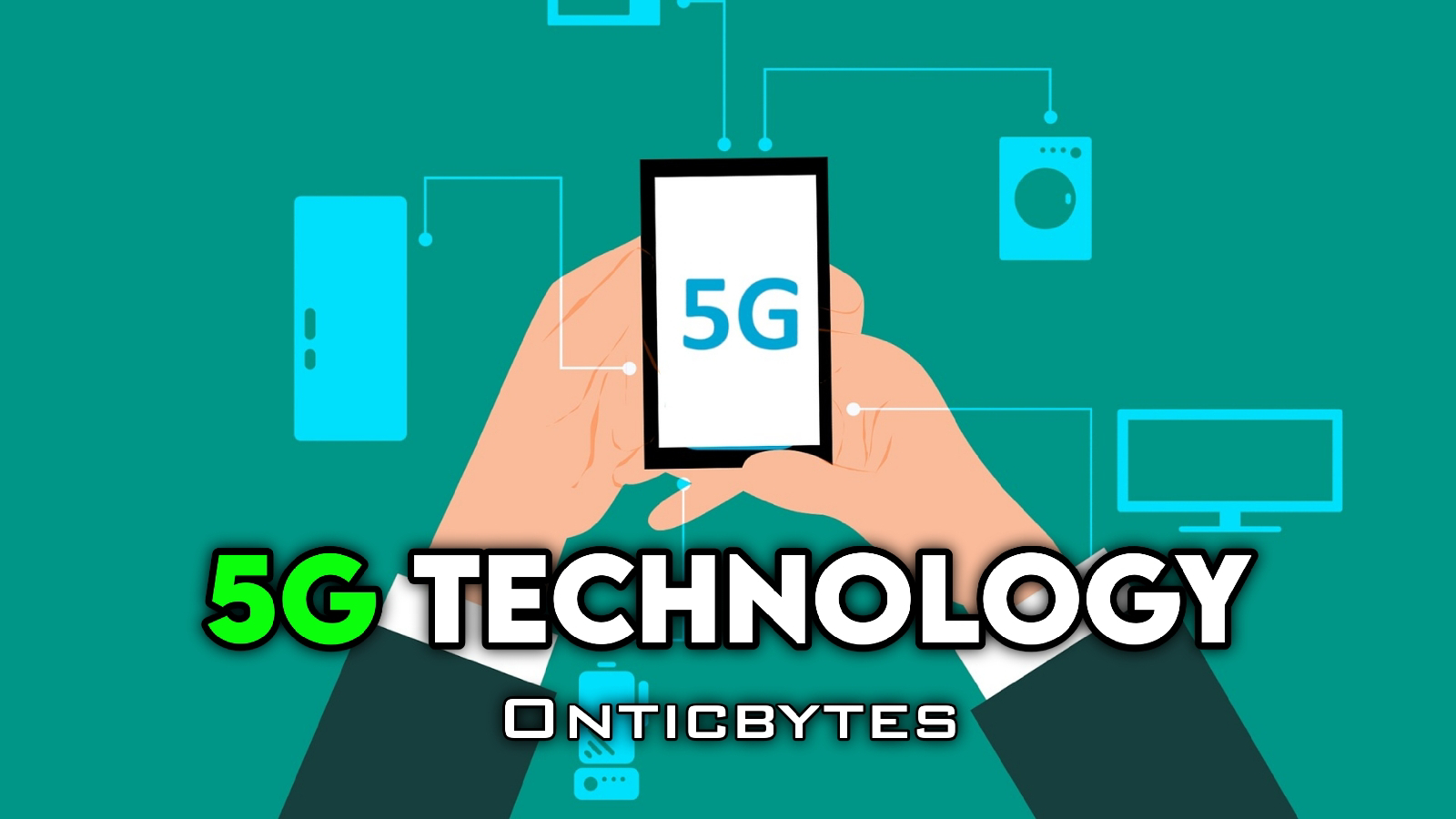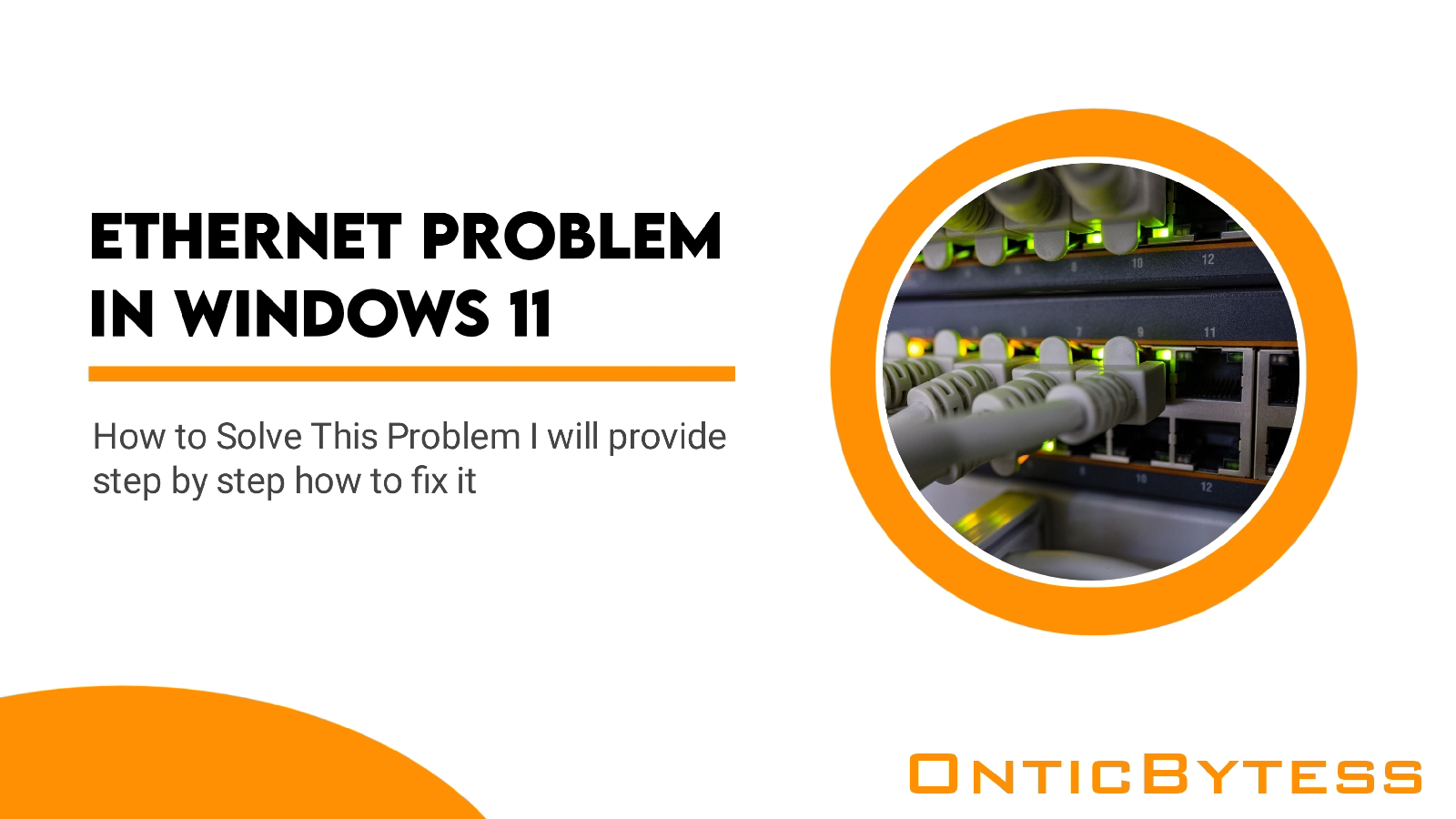• Quantum Computer
A quantum computer is a type of computer that uses the principles of quantum mechanics to process and store information. Unlike classical computers that use bits, which can represent only two states (0 or 1), quantum computers use quantum bits, or qubits, which can exist in multiple states simultaneously. This property allows quantum computers to perform certain calculations and solve problems much faster than classical computers.
Quantum computing has the potential to revolutionize many industries, including finance, healthcare, and logistics, by enabling faster and more efficient computation of complex problems. For example, quantum computers can be used to optimize complex logistics and supply chain networks, simulate chemical and biological systems, and break encryption used in cryptography. modern.
However, building a practical quantum computer is an important engineering challenge, as quantum systems are very sensitive to noise and interference from the environment. Researchers and engineers are working to develop new hardware and software techniques that address these challenges and make quantum computers more realistic and scalable.
Overall, quantum computing represents a promising new technology that has the potential to revolutionize computing and facilitate new applications and industries.
• Types Of Quantum Computer
There are several types of quantum computers, each with their own design and implementation. Here are some of the most common types of quantum computers:
1. Superconducting Qubit Quantum Computers: These are the most common type of quantum computers and they use superconducting circuits to generate and control qubits. They are relatively easy to fabricate and scale, but require careful control of temperature and electromagnetic fields to avoid decoherence.
2. Ion Trap Quantum Computers: These quantum computers use lasers to trap and manipulate ions, acting like qubits. They are very stable and can be used for long computation times, but require specialized equipment and are more difficult to scale than other types of quantum computers.
3. Photonic quantum computers: These quantum computers use photons as qubits and can be used for quantum communication and cryptography. They are highly resistant to decoherence and can be easily transmitted over long distances, but are more difficult to manipulate and scale than other types of quantum computers.
4. Topological quantum computers: These quantum computers are based on topological qubits, which are very robust against decoherence and errors. They are still in the early stages of development, but are highly scalable and fault tolerant.
5. Quantum annealing: These quantum computers specialize in solving optimization problems and use quantum annealing to find the lowest energy state of a given system. They are faster than classical annealing algorithms for some problems, but less flexible and less flexible than other types of quantum computers.
In general, each type of quantum computer has its own advantages and challenges, and researchers are working to develop new hardware and software techniques to address these challenges and make computers quantum becomes more practical and scalable.
• Future Of Quantum Computer
The future of quantum computing is bright, with the potential to revolutionize the computing industry and drive advancements in many fields. Here are some potential developments and applications for quantum computing in the future:
1. Increased computing power: As quantum computers improve and develop, they will be able to solve increasingly complex problems and perform calculations that are not currently possible with classical computers. This could lead to breakthroughs in areas such as drug discovery, materials science and climate modeling.
2. Quantum machine learning: Quantum computers can also be used to enhance machine learning and artificial intelligence algorithms, leading to more accurate predictions and faster data analysis. This could have important applications in areas such as finance, healthcare and cybersecurity.
3. Improved cryptography: Quantum computers are capable of breaking many of the encryption schemes used in modern cryptography, but they can also be used to develop new, more secure cryptographic protocols. and resist quantum attacks.
4. Quantum Communication: Quantum computing can also be used to improve the security and efficiency of communication networks, by enabling quantum key distribution and other quantum communication protocols.
5. Quantum simulation: Quantum computers can be used to simulate complex physical systems, such as quantum chemistry and condensed matter physics, allowing researchers to study behavior of materials and molecules at atomic and subatomic scales.
Overall, the future of quantum computing is exciting with many potential applications and opportunities for scientific and technological breakthroughs. However, important technical challenges must also be addressed, such as improving the stability and scalability of quantum systems, before quantum computing becomes a practical technology. widely used.
• Uses Of Quantum Computer
Quantum computers have the potential to revolutionize the computing industry and advance many fields. Here are some potential applications of quantum computers:
1. Optimization: Quantum computers can be used to solve optimization problems much faster than classical computers, making them valuable in areas such as logistics, programming planning and finance.
2.Cryptography: Quantum computers can be used to break many of the encryption schemes used in modern cryptography, but they can also be used to develop new, secure encryption protocols. more resistant to quantum attacks.
3. Drug discovery: Quantum computers can simulate the behavior of molecules and proteins, allowing researchers to develop new drugs and treatments faster and more accurately.
4. Materials science: Quantum computers can be used to simulate the behavior of materials at the atomic and subatomic levels, allowing researchers to develop new materials with properties and Unique application.
5. Machine learning: Quantum computers can improve machine learning and artificial intelligence algorithms, leading to more accurate predictions and faster data analysis. This could have important applications in areas such as finance, healthcare and cybersecurity.
6. Quantum communication: Quantum computers can be used to improve the security and efficiency of communication networks, by enabling the distribution of quantum keys and other quantum communication protocols.
7. Financial modeling: Quantum computers can be used to simulate complex financial systems and optimize portfolios, leading to better risk management and higher returns.
Overall, quantum computers have the potential to develop many fields and enable new applications and industries. However, important technical challenges must also be addressed, such as improving the stability and scalability of quantum systems, before quantum computing becomes a practical technology. widely used.


